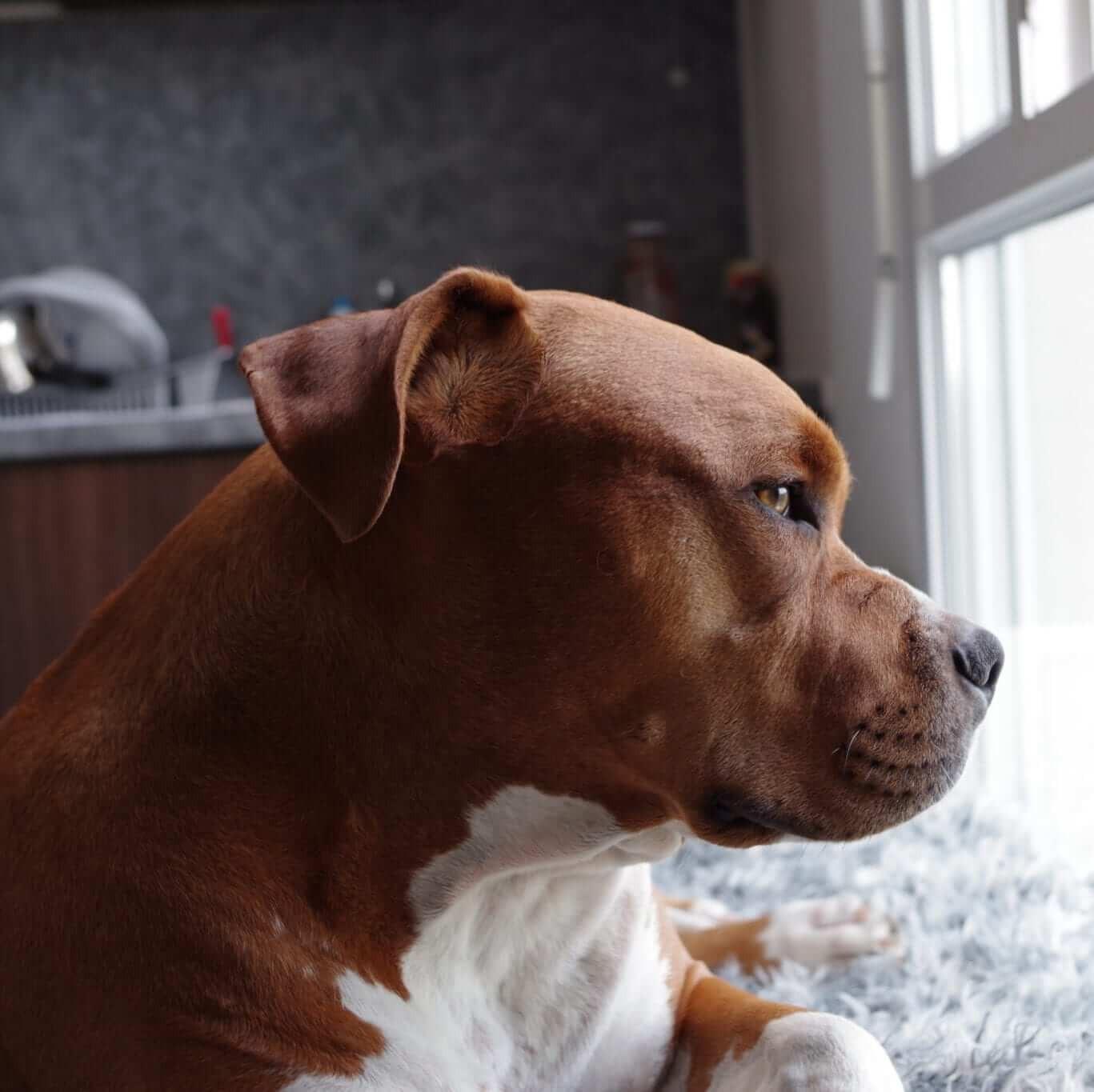Constipation is an uncomfortable condition where dogs have difficulty passing stool. It's a common problem that can be caused by a variety of factors and ranges from mild to severe. If you're a dog owner, understanding the signs and knowing how to address constipation will help ensure your furry friend stays happy and healthy.
What is Constipation in Dogs?
Constipation in dogs refers to infrequent or difficult bowel movements. While most dogs poop at least once a day, constipated dogs may strain, have hard and dry stools, or not defecate at all. In extreme cases, known as obstipation, the stool becomes so compacted that it can cause a complete blockage in the intestines, requiring immediate veterinary attention.
Signs and Symptoms
Knowing how to recognize constipation is key to helping your dog. Some common signs to watch for include:
Infrequent bowel movements: Your dog hasn't pooped in more than two days.
Straining or difficulty defecating: Your dog might squat or attempt to defecate without producing much, if anything.
Hard, dry stools: The stools may be small, pebble-like, and difficult to pass.
Scooting or dragging their bottom: This could indicate discomfort or an attempt to relieve anal gland issues.
Loss of appetite or vomiting: In more severe cases, your dog may lose interest in food or vomit due to the discomfort.
Causes of Constipation
Constipation can have several underlying causes. Some of the most common include:
Diet: A lack of fiber in the diet or a sudden change in food can lead to constipation.
Dehydration: Not drinking enough water can make the stool hard and dry.
Lack of exercise: Inactivity can slow down the digestive system.
Foreign objects: Dogs may eat things like hair, toys, or rocks that can cause blockages.
Medications: Certain medications can have constipation as a side effect.
Underlying health issues: Conditions such as hypothyroidism, kidney disease, or neurological disorders can contribute to constipation.
How to Relieve Constipation in Dogs
If your dog shows signs of mild constipation, you might be able to help them at home. Always consult with your veterinarian before trying any home remedies. Some safe and effective options include:
Pumpkin puree: The fiber and moisture in pumpkin puree can help soften stools and promote regularity.
Canned dog food: The higher moisture content can help with hydration and soften the stool.
Fiber supplements: Adding a fiber supplement to your dog's diet can help regulate bowel movements.
Freshwater: Ensure your dog has access to plenty of fresh water to stay hydrated.
Exercise: Regular exercise helps stimulate the digestive system and encourages bowel movements.
Certain human foods: In moderation, apples (without seeds), bananas, blueberries, cantaloupe, peaches (without pits), strawberries, broccoli, and carrots are safe for dogs and can add fiber to their diet.
When to See a Vet
If your dog is experiencing severe constipation, exhibiting additional symptoms like vomiting or lethargy, or hasn't had a bowel movement in more than two days, seek veterinary attention immediately. A blockage or underlying health condition may require professional treatment.
Preventing Constipation in Dogs
Help your dog avoid constipation by:
Providing a balanced diet: Choose a high-quality dog food with adequate fiber content.
Encouraging exercise: Regular walks and playtime keep your dog's digestive system active.
Maintaining hydration: Ensure your dog has constant access to fresh water.
Regular vet visits: Routine checkups help identify and address potential health issues that could contribute to constipation.
Remember, if you're ever concerned about your dog's health, don't hesitate to contact your veterinarian. They can diagnose the cause of the constipation and recommend the best course of action to get your furry friend feeling better.
About the Author
A DVM at Eagle Glen Veterinary Clinic reviewed this blog post, which has been serving pets in LA since 1988! The vets and technicians have a passion for pet care and the skill to give excellent service! Visit https://www.instagram.com/eagleglen.vc/ or https://eagleglenvets.com/index.cfm for more.

With 10 years of experience as a pet parent, I aim to empower pet owners with insights into pet insurance and maintaining their pet's well-being. I aspire to be a trusted source, combining knowledge with a commitment to the welfare of our beloved pets.

Eagle Glen Veterinary Clinic has been serving pets in LA since 1988! The vets and technicians have a passion for pet care and the skill to give excellent service! Visit https://www.instagram.com/eagleglen.vc/ or https://eagleglenvets.com/index.cfm for more.
CarlK. (2022). Dog Constipation: What to Do If Your Dog Can’t Poop. In Lakeland Animal Clinic. https://lacvets.com/blog/dog-constipation-what-to-do-if-your-dog-cant-poop/
Constipation in Dogs. (n.d.). In VCA Animal Hospitals. Retrieved September 25, 2024, from https://vcahospitals.com/know-your-pet/constipation-in-dogs
Dog Constipation: Home Remedies and When to Call the Vet. (n.d.). In American Kennel Club. Retrieved September 25, 2024, from https://www.akc.org/expert-advice/health/dog-constipation/
Signs of Bowel Obstruction in Dogs & What to Do. (2022). In Ambler Vet. https://www.springhouseanimalhospital.com/site/blog/2022/02/01/dog-bowel-obstruction
What To Give a Constipated Dog: 5 Remedies for Dog Constipation. (n.d.). In www.petmd.com. Retrieved September 25, 2024, from https://www.petmd.com/dog/general-health/what-give-constipated-dog
Why is My Dog Constipated & What to Do. (2023). In Rancho Cucamonga Vets. https://www.ranchovet.com/site/blog/2023/09/15/dog-constipated--what-to-do












